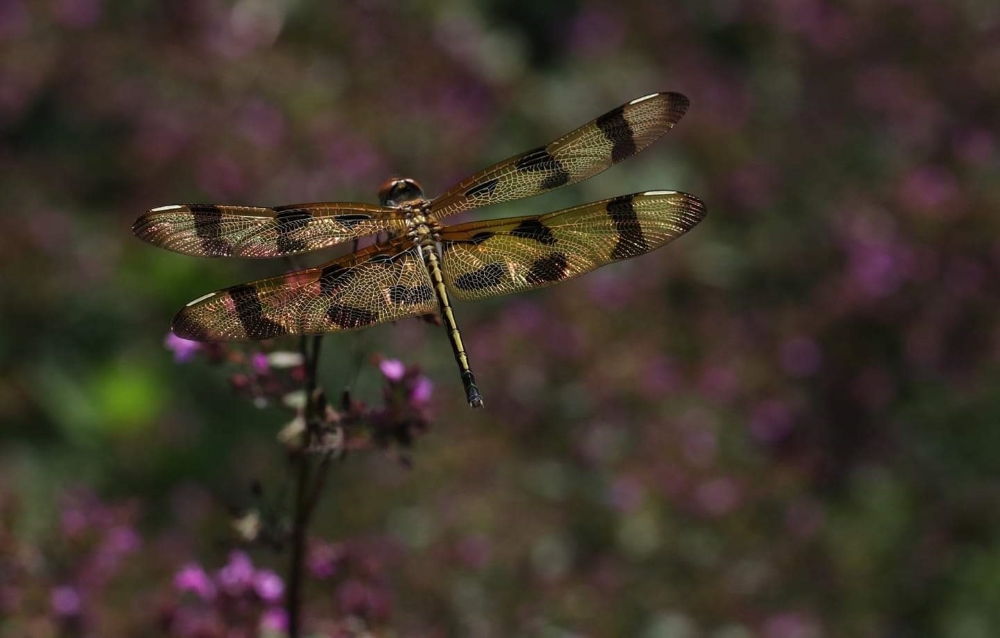Register Now for April CCP Meeting About Dragonflies and Damselflies
go.ncsu.edu/readext?783818
en Español / em Português
El inglés es el idioma de control de esta página. En la medida en que haya algún conflicto entre la traducción al inglés y la traducción, el inglés prevalece.
Al hacer clic en el enlace de traducción se activa un servicio de traducción gratuito para convertir la página al español. Al igual que con cualquier traducción por Internet, la conversión no es sensible al contexto y puede que no traduzca el texto en su significado original. NC State Extension no garantiza la exactitud del texto traducido. Por favor, tenga en cuenta que algunas aplicaciones y/o servicios pueden no funcionar como se espera cuando se traducen.
Português
Inglês é o idioma de controle desta página. Na medida que haja algum conflito entre o texto original em Inglês e a tradução, o Inglês prevalece.
Ao clicar no link de tradução, um serviço gratuito de tradução será ativado para converter a página para o Português. Como em qualquer tradução pela internet, a conversão não é sensivel ao contexto e pode não ocorrer a tradução para o significado orginal. O serviço de Extensão da Carolina do Norte (NC State Extension) não garante a exatidão do texto traduzido. Por favor, observe que algumas funções ou serviços podem não funcionar como esperado após a tradução.
English
English is the controlling language of this page. To the extent there is any conflict between the English text and the translation, English controls.
Clicking on the translation link activates a free translation service to convert the page to Spanish. As with any Internet translation, the conversion is not context-sensitive and may not translate the text to its original meaning. NC State Extension does not guarantee the accuracy of the translated text. Please note that some applications and/or services may not function as expected when translated.
Collapse ▲
Halloween pennant. Photo by Debbie Roos.
The April Chatham Conservation Partnership (CCP) meeting will focus on Dragonflies and Damselflies.
Please join us on April 15, 2021, from 9–11:15 a.m. for a virtual meeting to discuss the diversity and role of dragonflies and damselflies in the region.
The meeting will take place via Zoom, and pre-registration is required. CCP meetings are free and open to the public (not just Chatham County residents!).
Meeting Agenda:
Welcome and Introductions
Announcements
11:15 a.m.
Adjourn
Click to register for this meeting. Registration deadline is 10 p.m. on April 13. Registrants will receive an email prior to the event with the Zoom link.
CCP Steering Committee: Catherine Deininger, Brooke Massa, Debbie Roos, Margaret Sands, Allison Weakley.
For more information about the Chatham Conservation Partnership, visit the CCP website or email info@chathamconservation.org.


